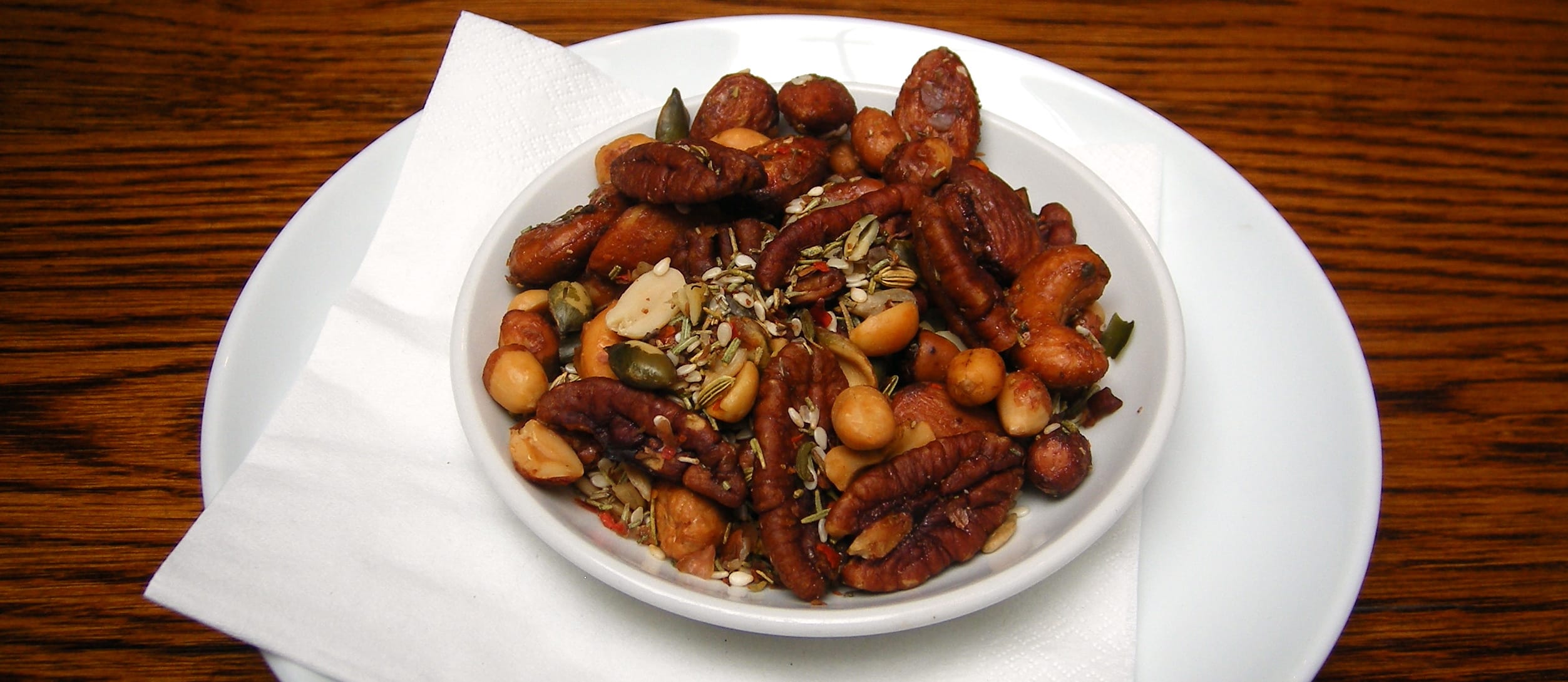The Black Women’s Health Study, which highlighted collards and carrots, was out of Boston University. Across the Charles River, the Harvard Nurse’s Health Study also tried to determine which plants may be particularly protective in reducing breast cancer risk.
They looked at intake of fiber and nuts during adolescence and the incidence of fibrocystic breast disease. Fibroadenomas are noncancerous breast lumps, but are considered a marker for increased breast cancer risk. Depending on what lumpectomy biopsies show, benign lumps can indicate anywhere from 30% to 1,300% greater risk of women with fibrocystic breasts going on to develop cancer later in life. Breast cancer can take decades to develop, so the researchers wanted to start early, asking women what their diets were like in high school.
We’ve known in adulthood that consuming more fiber is associated with a lower risk of breast cancer, and this new research suggests the same when you’re younger. Women who had the most fiber intake during adolescence have a 25% lower risk of developing potentially precancerous breast disease.
But there’s fiber in all whole plant foods—fruits, vegetables, beans, whole grains, nuts, and seeds. Did any class of plant foods stick out?
Nut consumption was found to be particularly protective. Just two servings a week was associated with a 36% lower risk. That raises the question, though. Which type of nuts? Do peanut butter and jelly sandwiches count or do you have to eat true nuts, like almonds or pecans? See my 3-min video Tree Nuts or Peanuts for Breast Cancer Prevention? to find out.
Harvard researchers also found that fiber and nut consumption was associated with a significantly longer lifespan in women. See my 2-min. video What Women Should Eat to Live Longer, one of my top ten most popular videos of 2012.
Soy food consumption during adolescence also seems particularly protective. See my 3-min. video Why Do Asian Women Have Less Breast Cancer?.
What effect might even just a few days on a diet full of plants have on breast cancer cell growth? See my 4-min. video Answer to the Pritikin Puzzle.
Don’t nuts make you fat, though? You’d be surprised—check out Nuts and Obesity: The Weight of Evidence.
-Michael Greger, M.D.
PS: If you haven’t yet, you can subscribe to my videos for free by clicking here and watch my full 2012 – 2015 presentations Uprooting the Leading Causes of Death, More than an Apple a Day, From Table to Able, and Food as Medicine.
